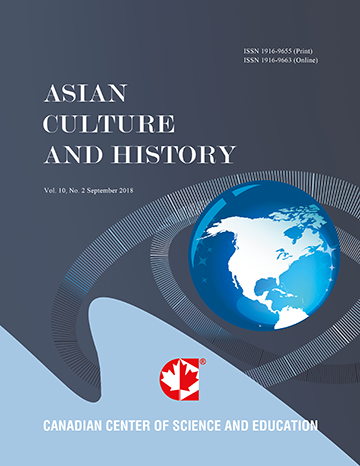The Concept of Culture from a Logical and Epistemological Perspective
- Fikret OSMAN
Abstract
The concept of culture refers to many states of meaning. Among these, the most common ones are those that are related to institutional phenomena. Institutional phenomena express different lifestyles. Each lifestyle has its specific structure. This structure is based on special rules deriving from social use and tradition. Special rules make the epistemological and logical aspects of the life different and unique. In this respect, the boundaries of knowledge in a certain lifestyle are determined by the scope of that specific lifestyle; the possibility of knowledge depends on participation in this lifestyle; the source of knowledge is the tradition on which the relevant lifestyle relies, and the criterion of knowledge is coherence. Besides, each lifestyle has its unique and special logical structure. When this logical structure is considered as a parallel logic that observes all the rules of the general logic, then the expressions and inferences that are based on it seem to be consistent and valid.
- Full Text:
 PDF
PDF
- DOI:10.5539/ach.v8n2p72
Journal Metrics
Google-based Impact Factor (2017): 5.42
h-index (January 2018): 11
i10-index (January 2018): 21
h5-index (January 2018): 6
h5-median (January 2018): 9
Index
- Academic Journals Database
- CNKI Scholar
- COPAC
- EconPapers
- Elektronische Zeitschriftenbibliothek (EZB)
- Excellence in Research for Australia (ERA)
- Genamics JournalSeek
- Google Scholar
- Infotrieve
- LOCKSS
- MIAR
- NewJour
- Open J-Gate
- PKP Open Archives Harvester
- Publons
- RePEc
- Scilit
- SHERPA/RoMEO
- Standard Periodical Directory
- Technische Informationsbibliothek (TIB)
- The Keepers Registry
- Universe Digital Library
- WorldCat
Contact
- Ivan YongEditorial Assistant
- ach@ccsenet.org
